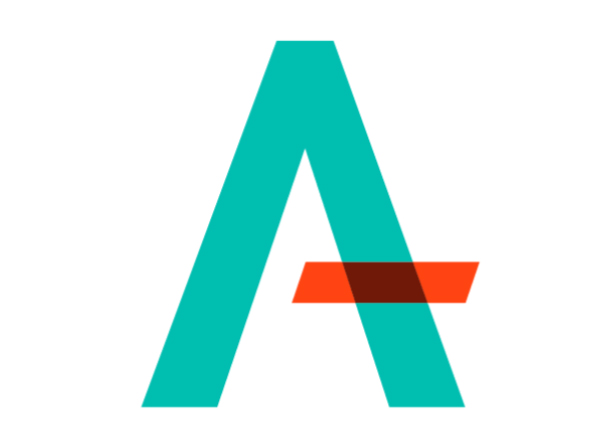For a slim device that looks like a USB stick, the Juul e-cigarette packs a powerful punch. Each refillable insert contains twice the nicotine as a pack of cigarettes. According to Business Insider, “the Juul now represents nearly 71% of the entire e-cig market. In June, sales of the devices surged 738%.”
Despite Juul’s growing popularity the company, now valued at $15 billion, is facing backlash from several state and federal investigations due to a growing concern that the popularity among teenagers is becoming worrisome. According to the Centers for Disease Control’s recently released Youth Risk Behavior Surveillance Survey, 42.2% of the students surveyed have used an electronic vapor product including e-cigarettes, e-cigars, e-pipes, vape pipes, vaping pens, e-hookahs and hookah pens.
Teachers and administrators across the country have expressed concerns as Juuling in the classroom and school bathrooms has become commonplace. To combat the spread of the devices, some schools have banned flash drives to avoid any confusion between the items.
The Massachusetts Attorney General is investigating whether Juul violated state consumer-protection laws by failing to keep minors from buying its products and marketing directly to teens. Likewise, the Food and Drug Administration recently cracked down on sales of the Juul to minors. On top of those concerns, the city of San Francisco recently banned flavored tobacco products like the Juul, a move public-health researchers hope other cities follow.
Learn more about the health implications associated with vaping and how you can facilitate a conversation about vaping with young adults HERE.

